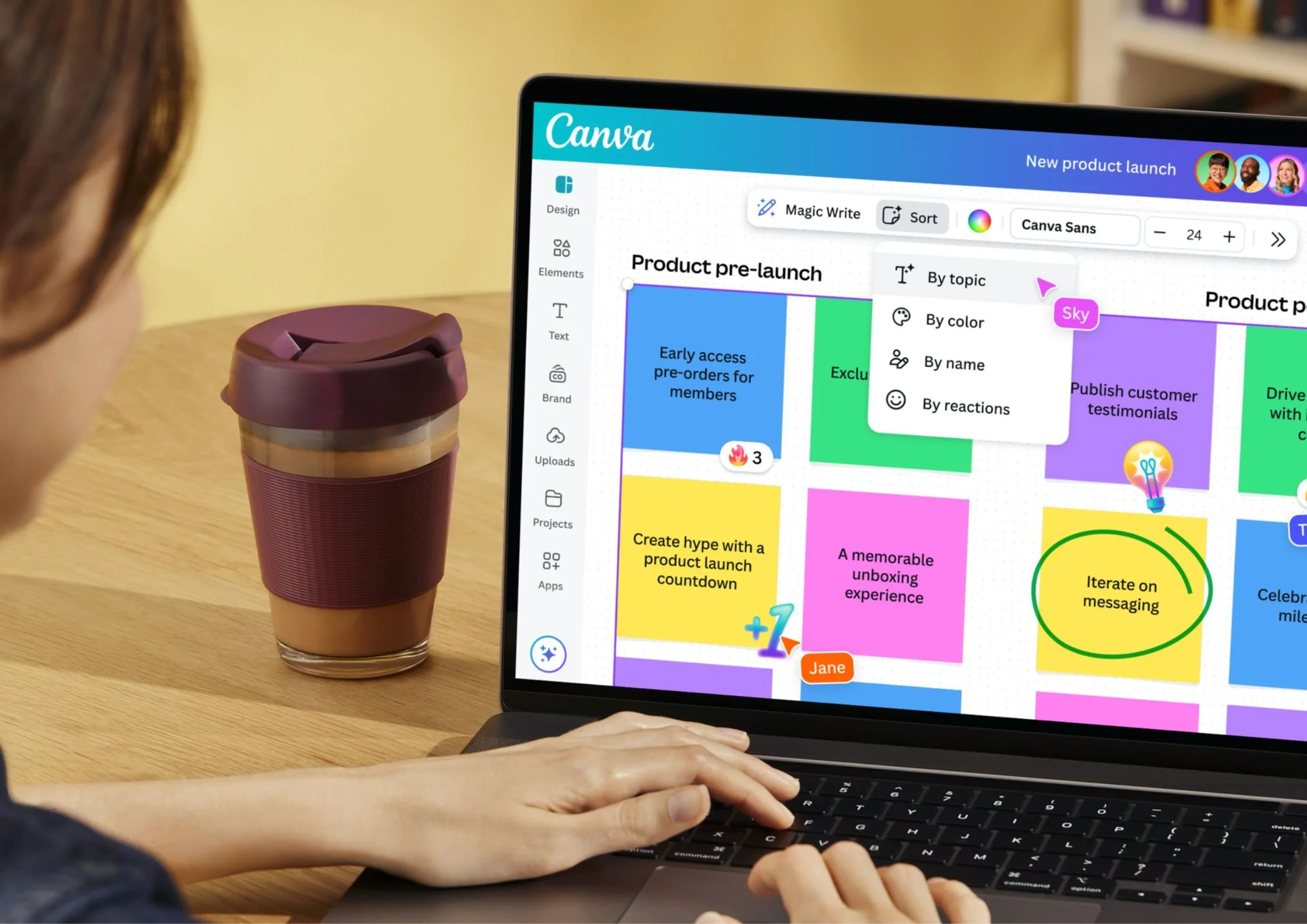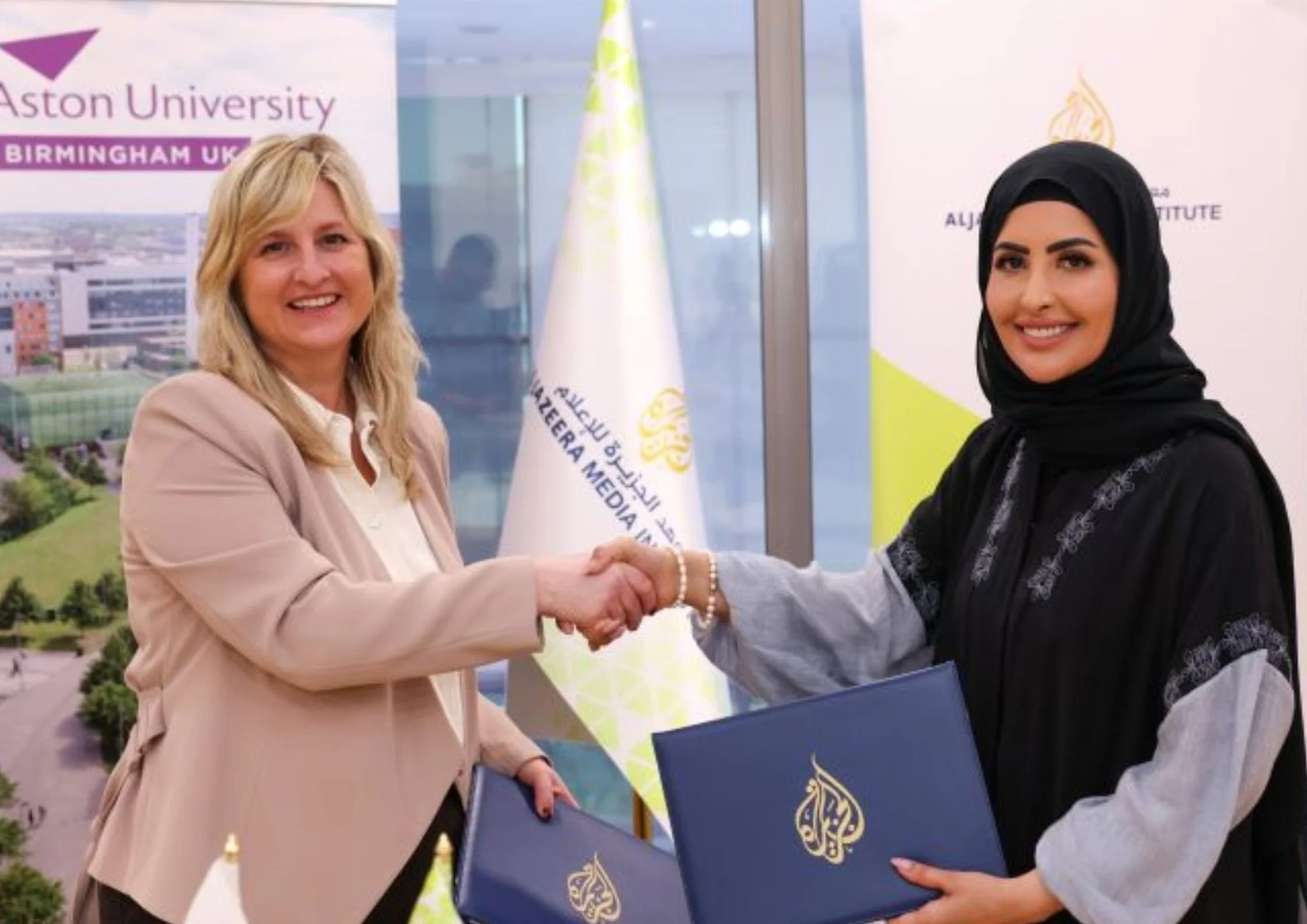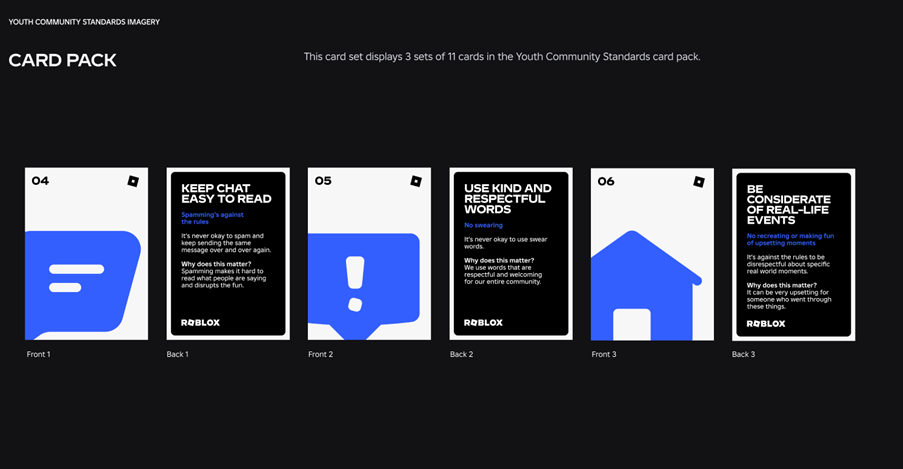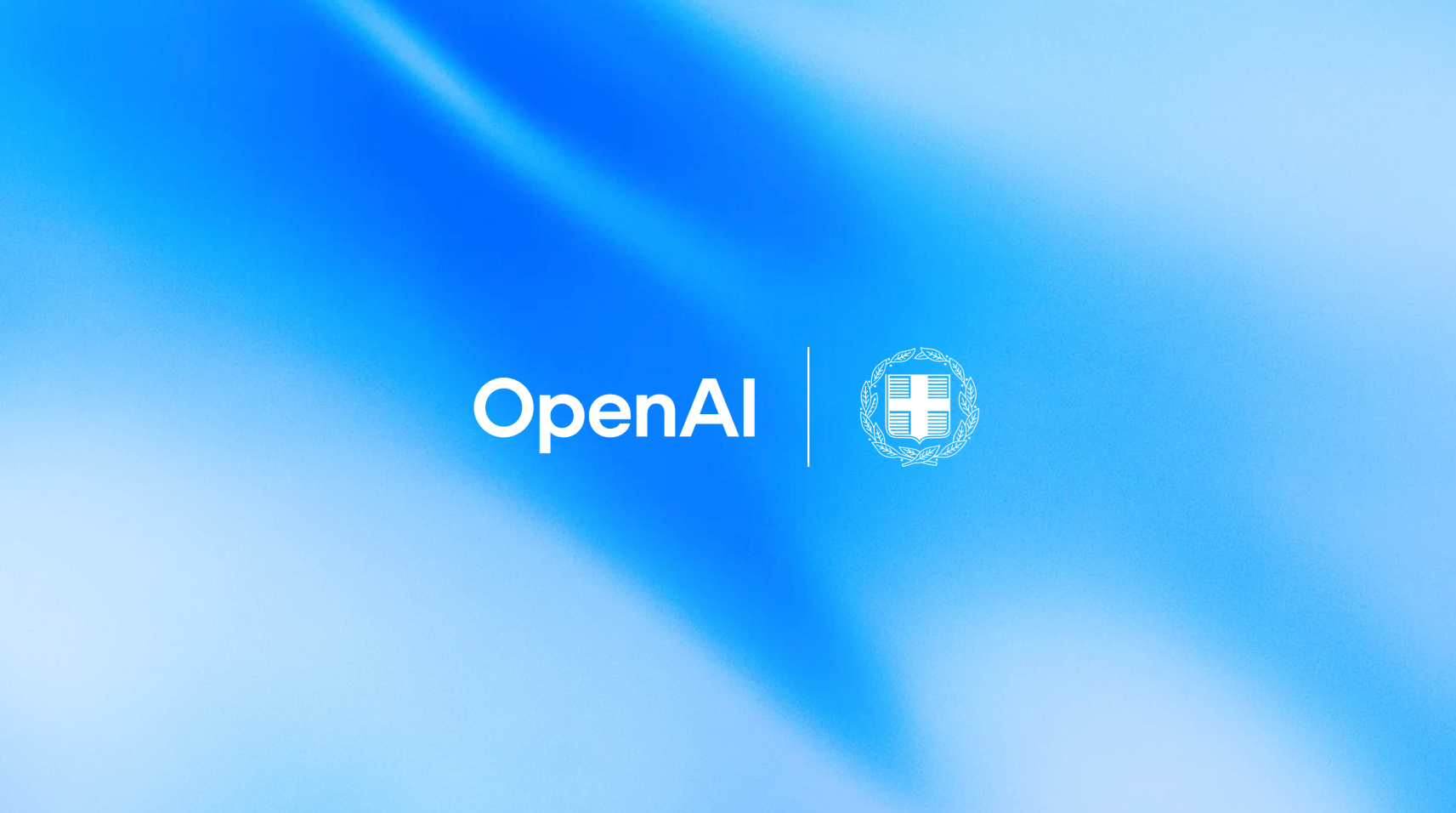OpenAI launches parental controls in ChatGPT for families worldwide
OpenAI has rolled out parental controls in ChatGPT, allowing families worldwide to set parameters on how teens use the platform. Nick Turley, Head of ChatGPT, took to social media to share the news.
Parents can invite their teen to connect accounts and, once linked, manage settings from their own account. If a teen unlinks, parents receive an alert. From the parental control dashboard, families can reduce sensitive content, disable voice mode, remove image generation, set quiet hours, switch off memory, and opt out of model training.
Linked teen accounts also come with additional safeguards by default. These include restrictions on violent or sexual roleplay, extreme beauty ideals, and viral challenges. Parents may choose to turn off these protections, but teens cannot make changes on their own.
A new notification system alerts parents if ChatGPT detects potential signs that a teen may be in distress. A trained review team examines flagged cases, and if acute risks are identified, parents are contacted via email, text message, and app alerts, unless they opt out. OpenAI states that it is working with experts to balance teen privacy with the need to escalate urgent situations, including circumstances where law enforcement may be involved.
Resource hub and future plans
OpenAI has also launched a parent resource page with guidance on using ChatGPT in education and daily life, conversation starters, and safety information. This hub will be updated with tips and expert advice over time.
The company says parental controls are an early step in a wider program to make ChatGPT safer for younger users. It is developing an age prediction system to apply teen-specific settings automatically, even when the age of a user is uncertain.
OpenAI has worked with Common Sense Media and with policymakers, including the Attorneys General of California and Delaware, to shape the parental control framework.
Robbie Torney, Senior Director of AI Programs at Common Sense Media, comments: “These parental controls are a good starting point for parents in managing their teen’s ChatGPT use. Parental controls are just one piece of the puzzle when it comes to keeping teens safe online, though—they work best when combined with ongoing conversations about responsible AI use, clear family rules about technology, and active involvement in understanding what their teen is doing online.”
In his LinkedIn post, Turley emphasizes the significance of the launch: “Today we’re rolling out Parental Controls in ChatGPT. Parents can link their account with their teen’s, set the controls that make sense for their family, and access a new resource hub with tips for getting started. It’s a way to make ChatGPT more useful for families while respecting that parents know best how their teens should use AI.”
Turley continues: “I’m especially proud of this launch because it combines two things we care deeply about: helping teens learn, explore, and create with ChatGPT — and giving families tools to guide that experience.”
He concludes: “This is just the first step. We’ll keep adding more options and resources so families everywhere can feel confident about how ChatGPT fits into their home.”
























